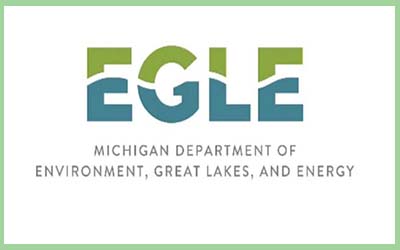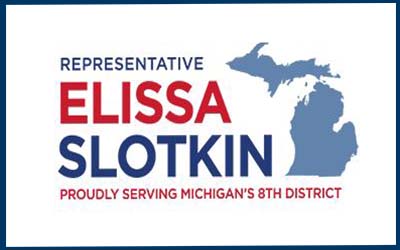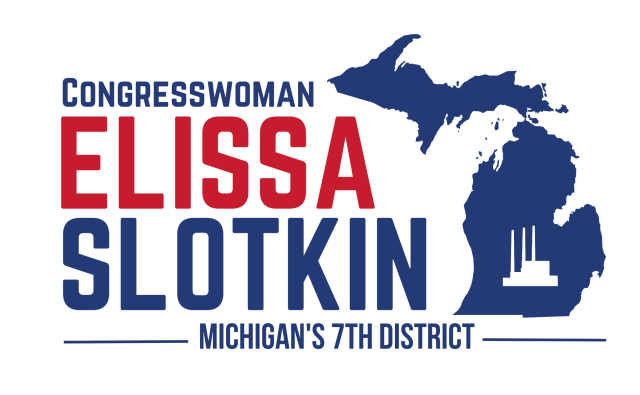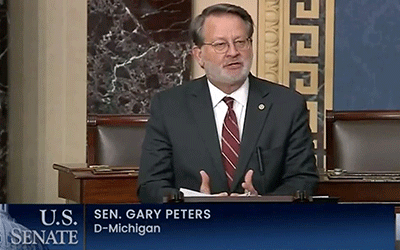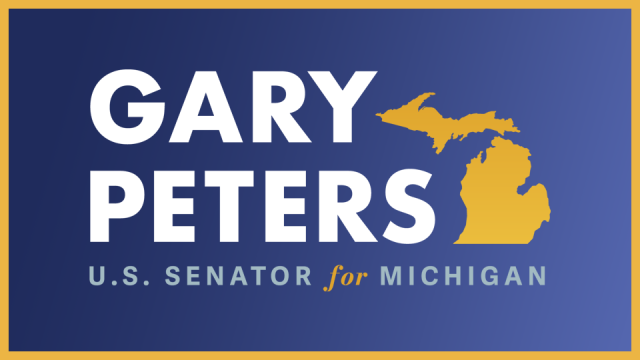
FOR IMMEDIATE RELEASE
ICYMI New Report: Michigan #1 for Automotive Industry, EV Investment, Top 10 in Key Areas
The report also ranks Michigan as a top 10 state for tech talent pipelines, workforce training, and foreign direct investment
LANSING, Mich.— A new report from Business Facilities shows Michigan continues to lead the race for jobs and investment as the top state for automotive industry and electric vehicle investments, holding its number one spot from 2022. According to Business Facilities, Michigan also ranks as a top 10 state among key areas like foreign direct investment, customized workforce training, tech talent pipelines, and health care jobs. This ranking follows multiple reports showing Michigan as a leader in business, clean energy and battery investments and a piece from Newsweek recognizing Michigan as a leading hub for high-tech mobility development.
“As the state that put the world on wheels, we’re proud to be recognized as an ongoing leader in the automotive industry and EV investment by Business Facilities,” said Governor Whitmer. “We will continue to work together to attract additional projects, invest in Michiganders, and build on the momentum we’ve created over the past two years. This national recognition of our key industries and initiatives supports our commitment that anyone can make it in Michigan.”
“We are proud that Business Facilities has recognized Team Michigan’s work of building on our state’s heritage in manufacturing and evolving our strengths as we move toward an electric future,” said Quentin L. Messer, Jr., CEO of the Michigan Economic Development Corporation (MEDC). “Our strong showing across workforce development and manufacturing is also encouraging as we continue to work with Governor Whitmer and the Michigan Legislature to secure Michigan’s leadership across industries as we ‘Make It in Michigan.’”
Business Industries: Washington, Michigan, Massachusetts, California, Texas Are #1 In Key Industries
In the Automotive industry, both traditional and the burgeoning electric vehicle space, the state of Michigan tops the list. This is a repeat performance from the state in this category with new investments bolstering its existing ecosystem. As the industry as a whole undergoes its current transformation, the ones to watch include the other top ranked states — Indiana, Ohio, Tennessee, and Kentucky, respectively. Also included in this ranking: Alabama, California, South Carolina, Missouri, and Georgia.
Rounding out the Life Sciences ranking are Maryland, New Jersey, New York, Pennsylvania, North Carolina, Texas, Florida, and Michigan. And, rounding out the top 5 for MedTech/Medical Devices: Minnesota, Massachusetts, Indiana, Connecticut, respectively, and followed by Ohio, Indiana, Florida, and Wisconsin.
Growing Michigan’s Economy and Make it in Michigan
In December 2021, Governor Whitmer brought Republicans, Democrats, and public and private sector leaders together to establish powerful new economic development tools that would help Michigan compete for transformational projects. Since then, the state has won $16 billion of projects and more than 16,000 good-paying jobs building electric vehicles, batteries, semiconductor chips, and clean energy—all industries of the future.
To keep this momentum going, the state must continue its successful economic development strategy and expand the toolkit. The governor proposed the Make it in Michigan plan, a comprehensive strategy to build on the work we are doing and help more families and businesses make it in Michigan.
The plan has three pillars: competing for and winning projects to bring manufacturing and supply chains home, investing in people so they can pursue their potential from Pre-K through postsecondary and have their freedoms protected, and revitalizing places to make them more attractive places to live, work, and invest. The Make it in Michigan plan proposes spurring more cutting-edge research and development in Michigan, lowering costs for businesses so they can hire more Michiganders, and working to land more transformational projects in Michigan while making parallel investments in local child care, housing, infrastructure, and workforce programs.
Electric Vehicle and Battery Project Wins
Over the last 18 months, the state’s powerful bipartisan economic development tools have helped bring home over $16 billion of projects and secure 16,000 jobs building electric vehicles, batteries, semiconductors, and clean energy.
- In January 2022, General Motors announced a historic investment of $7 billion, creating 4,000 and retaining 1,000 jobs, to convert Orion Township assembly plant to build full-size electric vehicle pickups and build Ultium’s third U.S. battery cell plant in Lansing.
- In March 2022, LG Energy Solution announced a $1.7 billion expansion creating 1,200 jobs in Holland manufacturing batteries.
- In June 2022, Ford Motor Company announced an investment of $2 billion, creating more than 3,200 jobs in plants across Michigan to support electric vehicle manufacturing growth and secure internal combustion engine portfolio in the state.
- In June 2022, Canadian electric vehicle charging network operator FLO announced an investment of $3 million for the company’s first-ever U.S. manufacturing facility in Auburn Hills.
- In October 2022, Michigan-based Our Next Energy announced a $1.6 billion investment to establish its first cell and electric vehicle battery pack gigafactory in Van Buren Township, creating up to 2,112 jobs.
- In October 2022, Gotion announced a $2.36 billion investment for a new manufacturing facility in Big Rapids, creating up to 2,350 jobs.
- In January 2023: Ford announced a $3.5 billion investment, creating 2,500 good-paying jobs, in a new EV battery manufacturing facility in Marshall.
Whitmer Administration Accomplishments
Governor Whitmer is committed to growing Michigan’s economy and investing in our talented workforce:
- Convened the Electric Vehicle and Mobility Talent Action Team, the first focused effort on talent in the electric vehicle and future mobility sectors.
- Led REV Midwest, a 5-state compact to rollout regional charging infrastructure.
- Announced the Lake Michigan Circuit, a network of EV charging infrastructure on the shore of Lake Michigan.
- Partnered with the City of Detroit, Google, and Ford on Michigan Central, a mobility innovation hub to attract and retain skilled talent and high-growth companies in Detroit.
|



